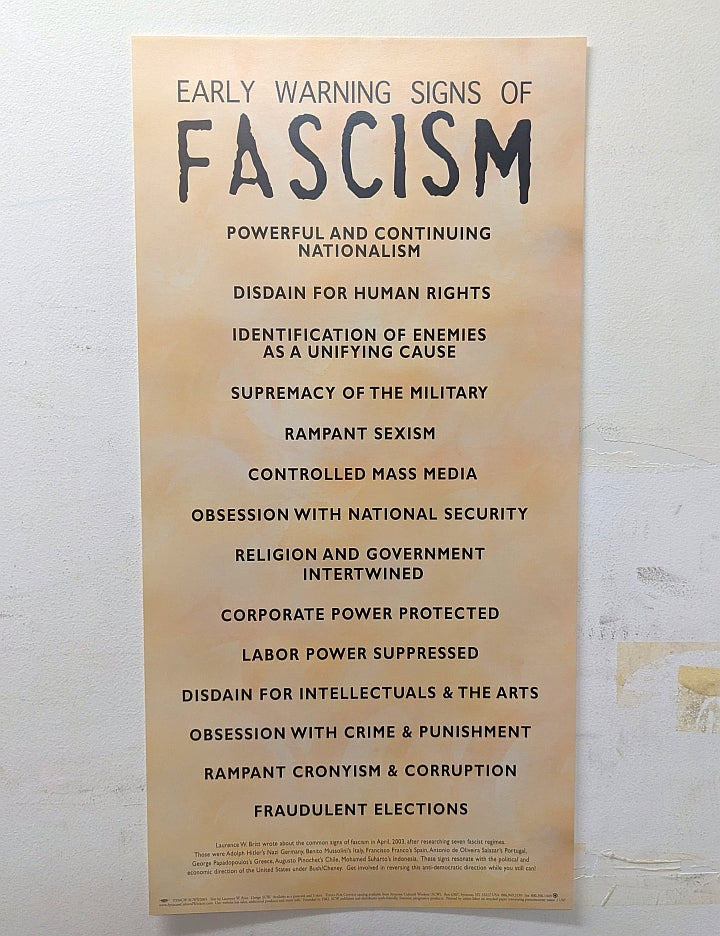

They just built a massive chip fab outside Phoenix so there’s clearly some US-based division the government has jurisdiction over.


They just built a massive chip fab outside Phoenix so there’s clearly some US-based division the government has jurisdiction over.


Well yeah, how are we going to get rich if we aren’t taking money from 5 year olds?


They work great in parking lots.
Source: Ridden in several Waymos


Related: https://youtu.be/-Ln-8QM8KhQ
The car is still completely functional without an internet connection. You could just disconnect the cellular antenna and drive perfectly fine forever (just without ever getting software updates, traffic and map updates, and being able to use music apps in the car).


Have you ever visited an Asian country?

I think you completely missed the point.


I love Mlem. The iOS native design reminds me of Apollo.


I’d love to see the article but unfortunately the site is unusable with full-page ads and popups the moment you open the page.


Everyone in the UK* less safe. AFAIK, the data encryption feature was only disabled for UK users.


Here’s a higher res version



Not sure what jurisdiction you are referring to (and I didn’t see the unblurred plate so idk where this is), but I have looked up the owners of several vehicles just from their plate number in the United States.

For real, the only hard drives I’ve ever had fail on me were Seagates.


Correct, but that doesn’t mean TikTok would be inaccessible if they didn’t have servers in the US. My point is that the federal government doesn’t have the ability to completely limit access to a foreign website. It would be very slow and they’d lose users, sure, but they could keep running as usual from outside the US and still remain accessible to people inside the US.


They cannot take down a domain registered with a registry and registrar outside their jurisdiction. They could try and compel domestic DNS providers to block queries for that domain, but there are numerous providers who are unlikely to comply with that request on grounds of the 1st amendment.
Given that the OP is about TikTok (a foreign website) being blocked in the United States, your point has limited relevance here. Further, if the website was hosted stateside they could just physically seize the servers themselves.


I said “currently”. Sure, the US could pass legislation that would require ISPs to implement that ability. I said they do not currently have that ability, and you seem to be disagreeing because it is hypothetically possible for the US to build its own great firewall. I do not want to assume your intentions but it appears you may have misinterpreted my message.
What I said is still correct. The point of my comment was that the US should not pass legislation to build a great firewall.


And that’s all it should be. Currently, the US government does not have the facilities to block traffic to specific websites or IP addresses on a country-wide basis. We don’t have a “great firewall” the way China does, and we should keep it that way.
You don’t hear the road names when your GPS tells you where to turn? I’m shocked by how many people are unfamiliar with major roads in their city. I’ve met people who couldn’t even tell me what crossroads they lived at. To me, part of learning to drive meant making a note of the road names near me so I was familiar with locations based on road names.
I’m not old either, I’m in my early 20s.
Yes, that is exactly how our home toilets work. Many commercial toilets are tankless and rely on water pressure to operate, but I doubt that’s what’s being discussed here.